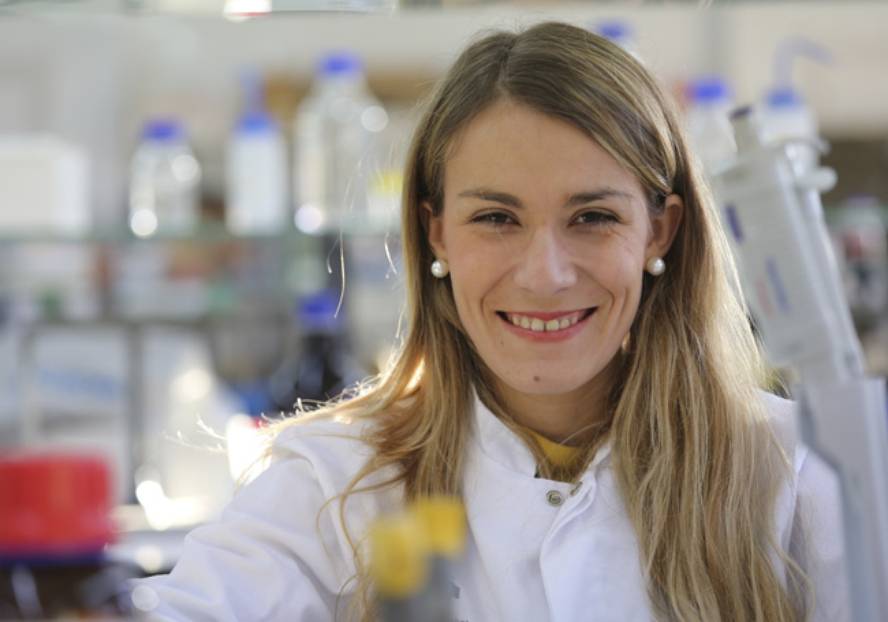Two neurotrophic factors in nanospheres, effective treatment against parkinson's disease
A UPV study has shown that the therapeutic strategy based on the release of neurotrophic factors is effective in alleviating the symptoms of Parkinson's disease. In fact, the research has been the subject of the doctoral thesis of Catalina Requejo Rodríguez and the results have been published in the journal Molecular Neurobiology.
They have worked with a Parkinson's model and have applied two factors, measured in microspheres and nanospheres, for their progressive release: vascular endothelium growth factor (VEGF) and glial cell derived factor (GDNF). They have shown that the combination of both influences synergistically and, in addition to significantly reducing the degeneration of dopaminergic neurons, favors the creation and separation of new cells.
The best results were obtained when the factors occurred in the early phase of the disease within the nanospheres. This highlights the importance of early diagnosis.






